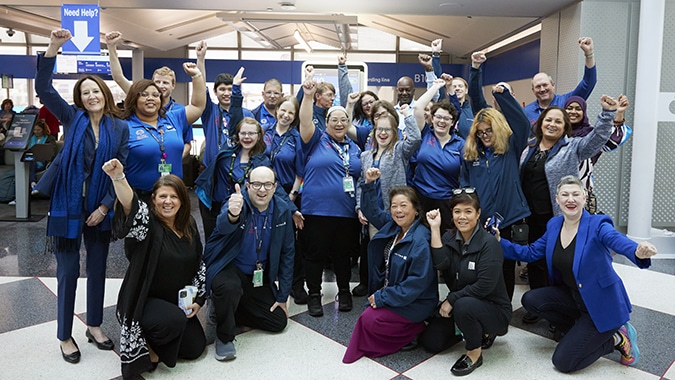Restrictive covenants limiting where an employee can work after leaving a company or what a business owner can do after selling a company, can be confusing to navigate.
Marianne Tolomeo, a partner in Connell Foley’s Labor & Employment Practice Group, joined NJBIA’s recent Human Resource Council meeting to explain the types of restrictive covenants businesses owners are likely to encounter, and how unreasonable or ambiguous provisions can be struck down by judges.
There are four main kinds of restrictive covenants: noncompete agreements that prohibit someone from working for or owning a competing business; nonsolicitation agreements that prohibit someone from doing business with former customers; nonpoaching agreements that prohibit someone from hiring away employees of their former company; and nondisclosure agreements that prohibit someone from using or sharing proprietary information or trade secrets.
“Do New Jersey courts enforce restrictive covenants? The answer is yes, they do,” Tolomeo said. “They disfavor restraints on trade – they are not going to enforce restrictive covenants just to shut down competition – but when there is a legitimate business reason and some other standards are met, yes, in fact, they do enforce them.”
“Covenants in the sale of a business are definitely enforced freely by the courts,” Tolomeo said. For example, if an accountant sells his business, and then opens a new accounting firm close by, then that would violate a noncompete agreement, she said.
However, courts tend to look very carefully at restrictive covenants that are unreasonable, cause an “undue” hardship on a former employee or are “injurious to the public interest,” Tolomeo said.
For example, if an employer repeatedly failed to pay a salesperson the commissions they earned, and the employee finally became so fed up she quit and went to work for a competitor, the former employer would have difficulty enforcing a noncompete agreement in court, Tolomeo said.
To watch Tolomeo’s entire presentation, go here.



